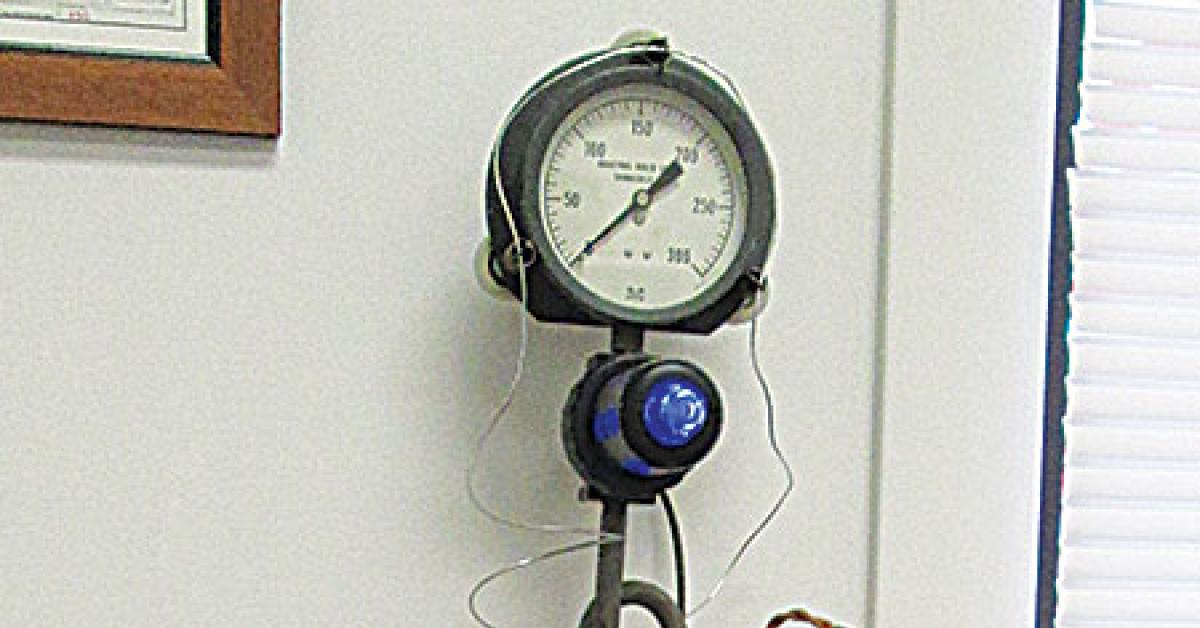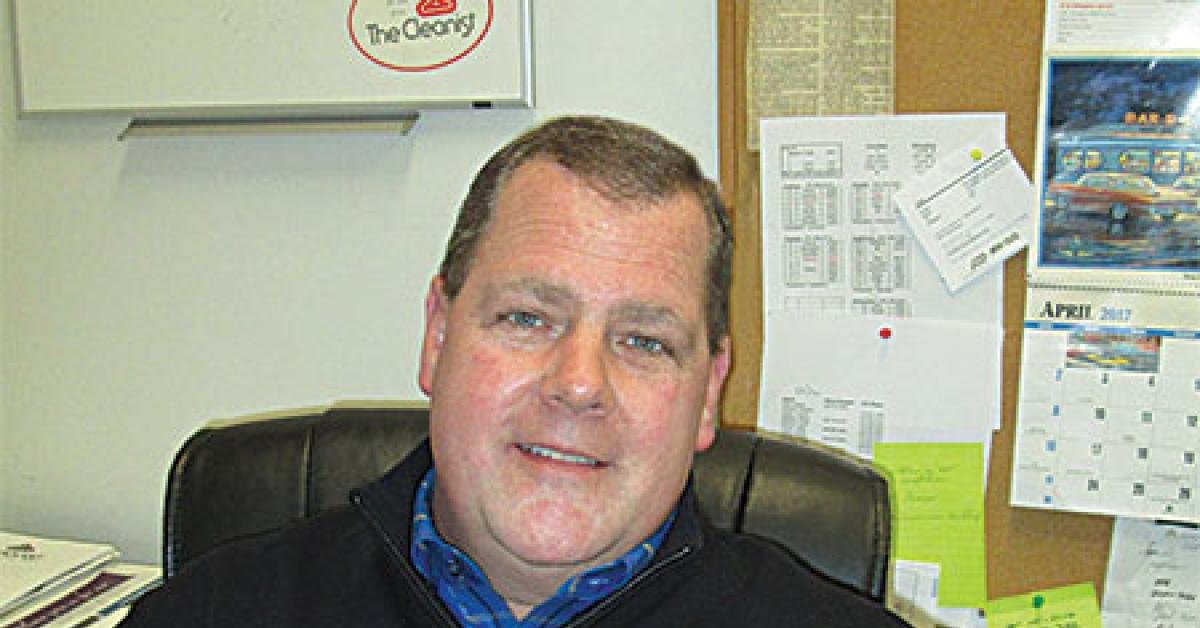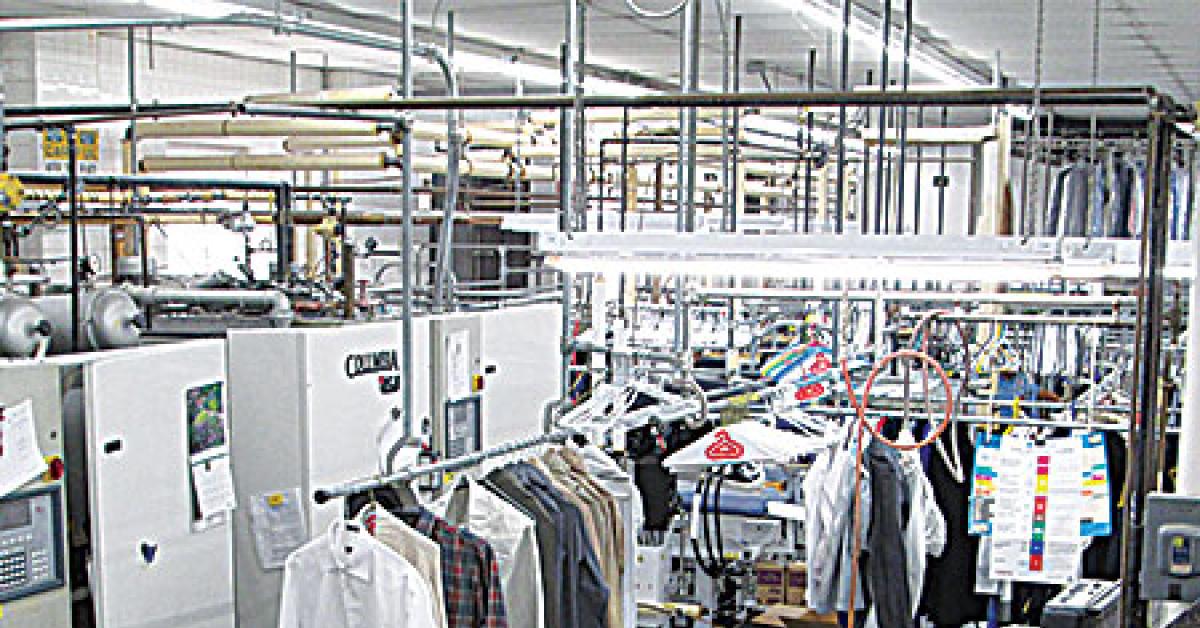PEMBROKE, Mass. — Taking over a sizable, going concern is daunting. You don’t exactly know what you’re buying.
Existing customers may not take to you. Key employees might not mesh with your personality. Vendors could take you for a ride.
Unless you’re a multimillionaire, paying off loans will erase much of your profit. Area competition will go on the offensive, knowing that a new presence doesn’t have the savvy that the departing owner did.
You’re a newcomer, and perceived as an outsider. Nobody emerges from the experience without having spent sleepless nights, wondering, “What did I get myself into?”
Tom Fay bought The Cleanist, in Plymouth, Mass., in Dec., 2013. Previously, he had been a partner of Danny’s Cleaners, in Braintree, Mass., with his brother, and decided he wanted to go out on his own.
Ironically, two years after Fay took over The Cleanist, the brother decided he wanted out. So now Fay runs the two businesses. He has a lot on his plate. Now here is the conclusion:
The key to profitability is to increase volume, so that more net drops into the bottom line, andreasonable profit is achieved. The firm operates the plant in North Plymouth, four drop stores — two in Plymouth, one in Kingston, and one in Duxbury — and a delivery route.
Fay has increased drop store volume about 8%. His plant counter has been solid. The one area he hasn’t been able to increase is the delivery route. He is puzzled and frustrated at his inability to move it forward, but that is the reality. As a result, sales are around $1.5 million and he is in the reasonable profit area.
One help was the relocation of the Kingston drop store to a much better location, which has nicely improved revenue. His strongest drop store is Pine Hills in Plymouth, which is a massive upscale development of retirees.
Fay talks about the next step: “I’m going to get out there and speak to offices, large commercial customers, and see if I can boost the pick-up-and-delivery volume.”
As for prices, his operation has maintained and not raised prices. Fay feels that he took over a business that maintained pretty high prices, and he was able to operate within that framework. Perhaps there will soon be increases.
As for equipment, Fay has had to make investments in washer/dryers, wetcleaning equipment, and a tension collar and cuff machine, and he has updated the computer. Fortunately, most of the equipment is in pretty good shape. Preventative maintenance is standard operating procedure.
The company maintains an active marketing campaign. The message is: We are the quality cleaner; we take the best care of your clothes; you should be using us.
This niche-focus is carried out in extensive mailings, monthly e-mails, coupons via e-mails, and print ads. Altogether, he spends 1% of volume on marketing and promotions.
Fay is the face of his business. That includes putting his image on trucks, focusing on himself in ads and the like.
“This is not my nature, but it seemed important for the brand,” he says.
Fay is happy that he’s the premier cleaner in his market, but he frets that the smaller competition keeps nibbling away at the customer base.
For example, in Duxbury, an upscale community, there are five other dry cleaners. Placed throughout the town, each does some business, eroding his portion.
“I really think we need to see an exit of marginal operators. Unfortunately, some operators are hanging on when they should quit,” Fay says.
These days, his job is to handle customer issues.
He checks figures and follows the money. He fields many customer service issues and checks to make sure they have been resolved. He visits stores at least once a week.
Almost daily, he stops by at Danny’s Cleaners in Braintree. Fortunately, he has a cadre of three key people who’ve been there for many years. He also will jump in the truck and make a delivery when needed.
Finally, Fay maintains an open phone line. Anyone, employee or customer, can call with an issue. All this means that his workweek is 60 to 65 hours.
Which brings us to his overall assessment of the industry.
“This casual workday trend has gotten to the point where professionals are losing self-respect,” Fay says. “As a result, I think that total industry volume has halved in the last dozen years. Only through price increases has revenue remained adequate.
“It’s harder and harder to make a decent living. Sure, the good operators do make nice profits, but not too many of us are getting wealthy. What would help is if some of the marginal operators would drop out.”
Besides running his operations, Fay has a busy family life with four kids. His oldest is just beginning college. And we know what that does to parents’ pocketbooks.
Still, Fay steers on, focused on making his purchase a success.
To read Part 1, go HERE.
Have a question or comment? E-mail our editor Dave Davis at [email protected].



